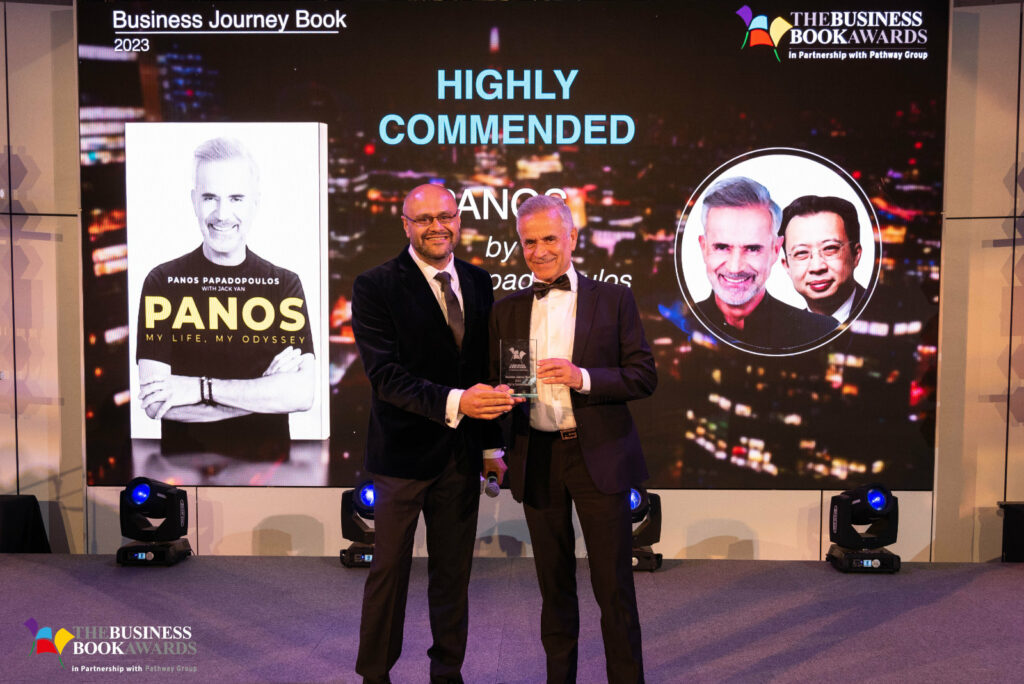Not that any search engine will find this, but according to the BBC’s The Secret Genius of Modern Life (episode 2), the inventor of the phone orders for food was the Kin-Chu Café at 137 South Brand Boulevard, Glendale, Calif., in 1922 (another link here). ‘Special Delivery Service 11 A. M. to 1 A. M.—Phone […]
Read More… from Who pioneered phone food ordering and delivery?
